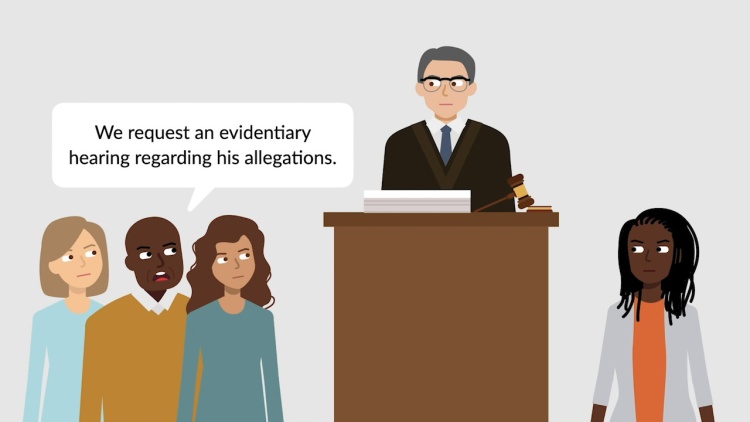Mohawk Industries, Inc. v. Carpenter
United States Supreme Court
130 S.Ct. 599, 558 U.S. 100 (2009)

- Written by Sara Rhee, JD
Facts
Norman Carpenter was an employee of Mohawk Industries, Inc. (Mohawk). Carpenter was terminated from his employment after alerting human resources to his belief that Mohawk had been employing undocumented immigrants. Mohawk, at the time, had been the subject of a class action suit alleging that Mohawk had been lowering the wages of legal employees by hiring undocumented workers. Mohawk’s counsel in the class action suit met with Carpenter and allegedly pressured him to retract his statement. Carpenter refused and was subsequently terminated. Carpenter brought suit, alleging Mohawk terminated his employment under false pretenses. The plaintiffs in the class action learned of Carpenter’s complaint and requested an evidentiary hearing regarding Carpenter’s statement. At the hearing, Mohawk testified as to the circumstances involving Carpenter’s termination. After the evidentiary hearing in the class action, Carpenter sought an order to compel disclosure of certain information subject to the attorney-client privilege in the instant action. The district court granted the motion. Mohawk then filed a notice of appeal from the district court’s decision. The Court of Appeals dismissed the appeal, on grounds that it lacked jurisdiction under 28 U.S.C. § 1291. Specifically, the Court of Appeals held that the order was not an immediately appealable collateral order.
Rule of Law
Issue
Holding and Reasoning (Sotomayor, J.)
Concurrence (Thomas, J.)
What to do next…
Here's why 904,000 law students have relied on our case briefs:
- Written by law professors and practitioners, not other law students. 47,100 briefs, keyed to 995 casebooks. Top-notch customer support.
- The right amount of information, includes the facts, issues, rule of law, holding and reasoning, and any concurrences and dissents.
- Access in your classes, works on your mobile and tablet. Massive library of related video lessons and high quality multiple-choice questions.
- Easy to use, uniform format for every case brief. Written in plain English, not in legalese. Our briefs summarize and simplify; they don’t just repeat the court’s language.





